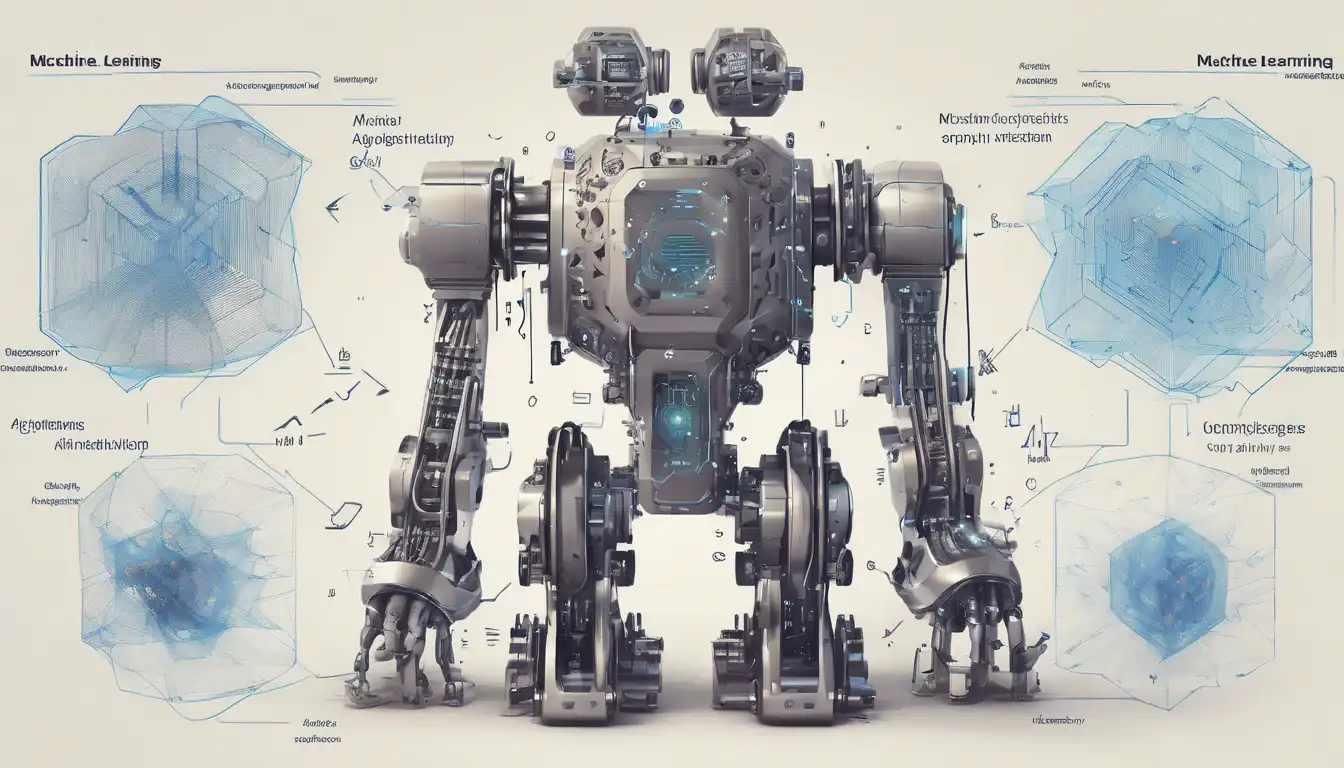Introduction to Machine Learning Algorithms
Machine learning algorithms are the backbone of artificial intelligence (AI) and data science. They enable computers to learn from data and make decisions or predictions without being explicitly programmed. This article simplifies complex machine learning algorithms, making them accessible to everyone.
Types of Machine Learning Algorithms
There are several types of machine learning algorithms, each suited for different tasks. Here’s a breakdown of the most common ones:
- Supervised Learning: Algorithms learn from labeled data. Examples include Linear Regression and Support Vector Machines.
- Unsupervised Learning: Algorithms find patterns in unlabeled data. Clustering and Association are key techniques.
- Reinforcement Learning: Algorithms learn by interacting with an environment to achieve a goal. Used in robotics and gaming.
Popular Machine Learning Algorithms Explained
Let’s dive deeper into some popular algorithms:
Linear Regression
Linear Regression predicts a continuous outcome based on one or more predictor variables. It’s widely used in forecasting and trend analysis.
Decision Trees
Decision Trees split data into branches to make predictions. They’re intuitive and easy to visualize, making them popular for classification tasks.
Neural Networks
Neural Networks mimic the human brain to recognize patterns. They’re the foundation of deep learning and excel in image and speech recognition.
Choosing the Right Algorithm
Selecting the right algorithm depends on the problem at hand, the size and type of data, and the desired outcome. Experimentation and cross-validation are key to finding the best fit.
Applications of Machine Learning Algorithms
Machine learning algorithms power many modern technologies, including:
- Recommendation systems (e.g., Netflix, Amazon)
- Autonomous vehicles
- Fraud detection in banking
- Healthcare diagnostics
Conclusion
Machine learning algorithms are transforming industries by enabling smarter, data-driven decisions. Understanding these algorithms is the first step towards leveraging their potential in your projects or business.
For more insights into AI and data science, explore our related articles.
